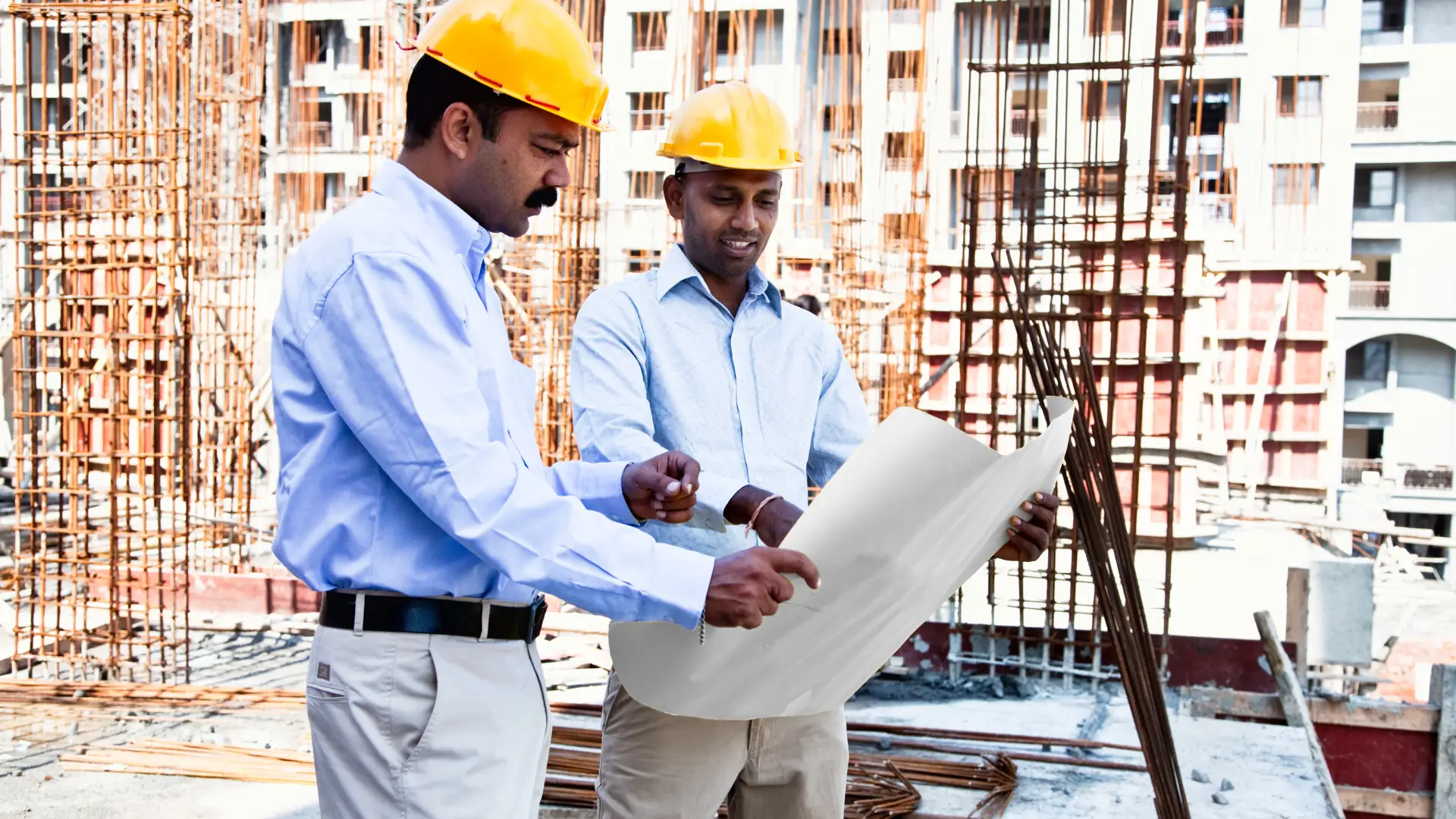
The Future of Civil Engineering in India Building a Sustainable Tomorrow
Introduction
Civil engineering has always played a pivotal role in shaping the infrastructure and development of any country. In India, a nation with a rich history of architectural marvels and ancient structures, civil engineering has been an integral part of our cultural heritage. As we step into the future, the role of civil engineering in India is set to become even more critical as the nation strives for sustainable growth, urbanization, and modernization. In this blog, we will explore the promising future of civil engineering in India, focusing on the key trends and challenges that will define this field.
1. Infrastructure Development for Urbanization:
India is undergoing rapid urbanization, with more and more people migrating to cities in search of better opportunities. This trend has put immense pressure on existing infrastructure. Civil engineers will play a pivotal role in designing and developing smart cities, efficient transportation systems, and sustainable housing solutions to accommodate the growing urban population.
2. Sustainable Construction Practices:
With increasing awareness of environmental issues, sustainable construction practices are gaining prominence. Civil engineers in India are expected to adopt green building techniques, use eco-friendly materials, and design energy-efficient structures. Concepts like LEED (Leadership in Energy and Environmental Design) and BREEAM (Building Research Establishment Environmental Assessment Method) will become standard in the construction industry.
3. Incorporating Technology:
The future of civil engineering in India is closely linked with technological advancements. The adoption of Building Information Modeling (BIM), drones, and Artificial Intelligence (AI) for project management, design optimization, and quality control will become more prevalent. These technologies can enhance efficiency, reduce costs, and improve project outcomes.
4. Transportation Revolution:
India is on the cusp of a transportation revolution with the development of high-speed rail networks, smart highways, and electric mobility solutions. Civil engineers will be at the forefront of planning and executing these projects, addressing challenges related to land acquisition, environmental impact, and safety.
5. Water Resource Management:
Effective management of water resources is a pressing concern in India. Civil engineers will be responsible for designing and implementing sustainable water supply and wastewater treatment systems. Solutions like rainwater harvesting, desalination, and efficient irrigation techniques will be in high demand.
6. Disaster Resilience:
India is susceptible to natural disasters such as earthquakes, floods, and cyclones. Civil engineers will need to focus on designing resilient infrastructure that can withstand such events. Earthquake-resistant buildings, flood-resistant infrastructure, and early warning systems will be vital components of future projects.
7. Skilled Workforce Development:
To meet the demands of the future, India must invest in the education and training of civil engineers. Ensuring that the workforce is skilled in the latest technologies and sustainable practices will be crucial for the success of infrastructure projects.
Challenges:
While the future of civil engineering in India is promising, it also comes with its fair share of challenges:
1. Environmental Concerns: Balancing development with environmental conservation will be a significant challenge. Civil engineers must find ways to minimize the environmental impact of their projects.
2. Regulatory Hurdles: Navigating complex regulatory frameworks and bureaucratic red tape can slow down infrastructure projects. Streamlining the approval process will be essential.
3. Funding: Securing adequate funding for large-scale infrastructure projects can be a hurdle. Public-private partnerships and innovative financing models will be necessary to bridge the funding gap.
Conclusion
The future of civil engineering in India is exciting and full of opportunities. Civil engineers will be at the forefront of building sustainable, resilient, and technologically advanced infrastructure to support the nation’s growth. With a focus on sustainable practices, innovative technologies, and a skilled workforce, India can address its infrastructure needs while safeguarding its natural resources and cultural heritage. As the country progresses towards becoming a global economic powerhouse, civil engineering will continue to play a pivotal role in shaping India’s future.



















